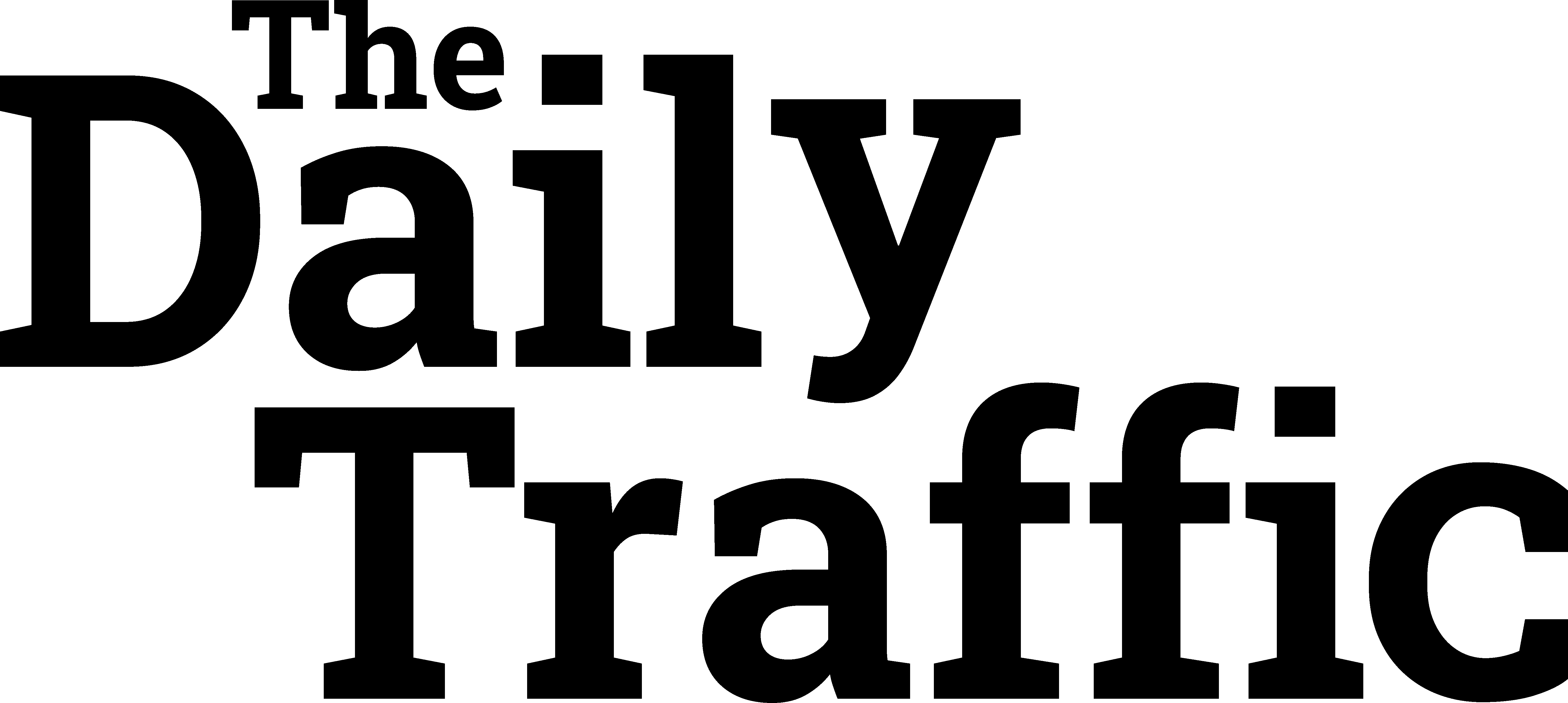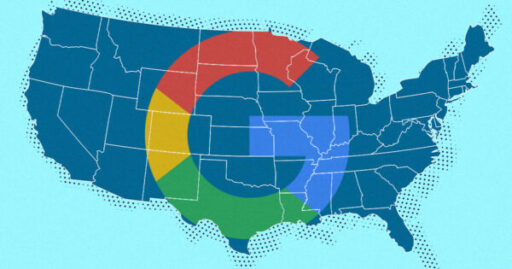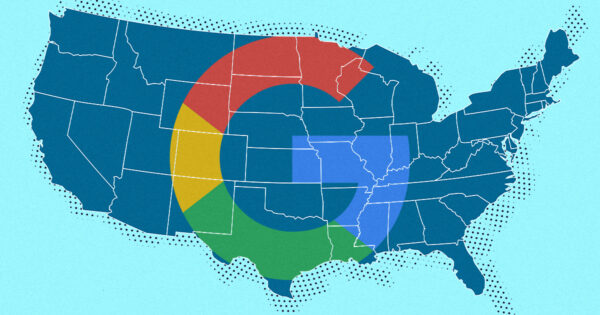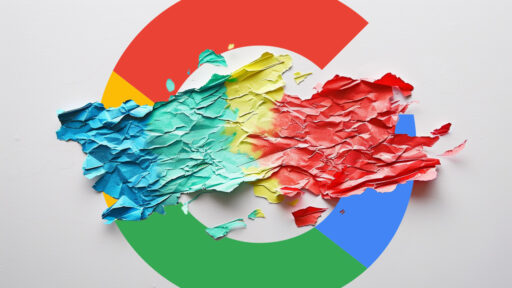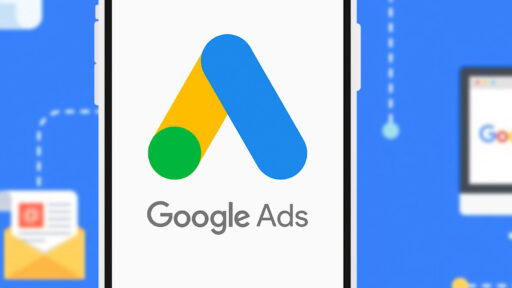Originally Posted on Organic Search AI Feed by Trishla Ostwal
Google’s AI-powered search tool, formerly Search Generative Experience (SGE), is now available widely in the U.S., with a global rollout following soon, Google boss Sundar Pichai said at Google’s I/O conference held in Mountain View, California, yesterday.
That’s not great news for publishers, who have seen a substantial decline of up to 60% in organic search traffic, translating to an estimated $2 billion loss in ad revenue within Google’s pilot version.
Now rebranded as AI Overview, Google’s AI search engine has processed billions of queries over the past year, offering fact-driven summarizations and pushing publisher link placements to the bottom, prioritizing summarized content over publisher websites.
To try and maintain search traffic and revenue in an era of gen AI search, publishers are striking deals with rivals like OpenAI—which has a rival AI-powered search engine pending—to incorporate publisher content into ChatGPT outputs. Other publishers are working with vendors like TollBit to try and put a price tag on publisher content used by AI firms.
“Google is flexing its market dominance to further entrench it,” said Jason Kint, CEO, Digital Content Next. “By making this move, they’re flipping a switch to replace open web with their own content to increase their profits that is almost entirely driven by advertising today.”
New revenue streams
Publishers like the Associated Press, Dotdash Meredith, and computer forum Stack Overflow are striking deals with rivals like OpenAI. The ChatGPT owner has been offering publishers between $1 million and $5 million annually to access publisher content to train its gen AI models, per the Information. OpenAI is courting more publishers with licensing deals in its Preferred Publisher Program.
Other publishers are trying to take more control over their existing content and data, according to News Media Alliance president and CEO Danielle Coffey, by partnering with third-party licensing vendors, such as TollBit, Calliope, and Copyright Cleaning Center, to accurately price their content while giving AI companies access to publishers’ data.
“Technology is moving fast and the news about SGE has made it clear to publishers that they have to move fast or risk disintermediation,” Olivia Joslin, chief operating officer and co-founder, TollBit told ADWEEK. “They understand the need for a new model where they can charge AI agent traffic.”
TollBit started working with over a dozen publishers last week alone. Joslin wouldn’t share specifics.
Naturally, Google’s SGE has prompted publishers to make changes to their editorial strategy, diversifying traffic from social media platforms, newsletters and building their subscription models.
While these strategies may provide short-term relief by boosting a slight uptick in social referrals, they pale in comparison to the organic traffic generated from Google Search, according to Marc McCollum, executive vice president of innovation at Raptive.
Independent sites prepare for carnage
As with many platform updates, those most at risk are independent publishers and sites, like Easy Family Recipes and House Fresh, a blog focused on air quality, those that are already working hard for visibility in Google searches.
House Fresh said has “virtually disappeared” from search results, noting a 91% decrease in search traffic in recent months, a steep drop from 4,000 daily visitors in October last year to just 200 visitors per day as of May 2024.
“For many of the individual content creators, [Google’s update] is going to put them out of business,” said McCollum. “There isn’t a solution that is going to be driven just by behavior changes for the individual creators and publishers. There needs to be an industry-wide solution, starting with Google’s remuneration.”
Google, for its part, claims the AI-infused search will actually benefit publishers.
“We see that the links included in AI Overviews get more clicks than if the page had appeared as a traditional web listing for that query,” Google said in its announcement. “As we expand this experience, we’ll continue to focus on sending valuable traffic to publishers and creators.”
